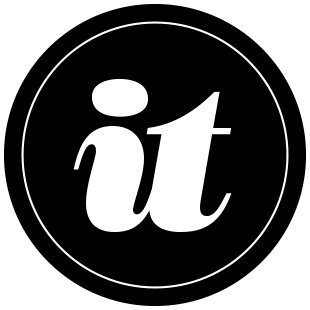Celebrity Beauty and Our Double Standards
In recent tabloids and blogs I am seeing a theme surfacing but not addressed head on. It seems to be on hot rotation, baiting relentlessly on headlines but no one is really sinking into the meat of it. With our societal obsession with the vanity of celebrities and their lives we have become not only enthusiastic about following their day to day, we are vocal. As we fill the comment forums we can’t seem to make up our minds about the standards of beauty.
Take for instance the latest scrutiny of Khloe Kardashian’s Complex magazine cover. Many commenters ranted about their distaste for the perceived over-photoshopping. Although the reality star has been documenting her fitness journey on her social media channels, many were skeptical of her toned body. She was being judged as being too fit for reality. In the past she has been judged harshly for her apparent lack of visible fitness. Is it a catch twenty two: too fat one day, then looking too fit the next?
Recently retired runway model Gisele was rumoured to have visited a plastic surgeon in Paris in disguise. Often criticized for her “unfair” natural attractiveness and sharp-tongued point of view on beauty, she is now being condemned for potentially going under the knife. In her twenties she proclaimed that she would never get surgery. With this recent development that may not be the case. I wonder: are we upset that she may be a hypocrite, or just mad because she’s upgrading her already "too" beautiful self?
We’re all over the place on this as a society. Some seem to force status quo, while others are challenging it. On the one hand we have celebrities “curating” their privileged lives for public consumption via lifestyle enterprises in the likes of Gwyneth Paltrow’s GOOP, Blake Lively’s Preserve and Jessica Alba’s Honest Company. On the other we have celebrities using their fame to provide a platform for human rights equality issues such as feminist Lena Dunham and transgendered activist Laverne Cox.
For me, it’s not a matter of choosing sides. Let’s not make it about fashion and makeup being bad. It's not bad for all just the same as it's not good for others. It’s more of an understanding of motive and the consumers choice. I am filled with questions. For instance, is one suggesting that one can achieve a standard of beauty that helps people or does that standard harm? Is it too far away that not even celebrities with all the resources can achieve it? The most interesting to me is why do some of us try to achieve what we don't really want?
I know that for each of us that fine line may be different. What I choose to wear and how I present myself will be very different from the next. Different ideals of beauty is okay. It’s more than okay; it’s gorgeous, individual diversity.
Where it can break down for me is when those standards are not coming from a place of authenticity. Do what you want to do. Aspire to what you truly aspire to. No more, no less. If you talk the talk, you most definitely should walk the walk. When you don’t, that’s when I start to distrust.
That, to me, is the actual debate under the harsh judgment and criticism. Is it a war on authenticity or beauty? I argue it’s more about being authentic. We are let down when people sell one side of them and then behave a different way. We are let down when our heroes cheat. We are let down when they ask us to buy and then metaphorically shit all over it.
Where do you stand?
